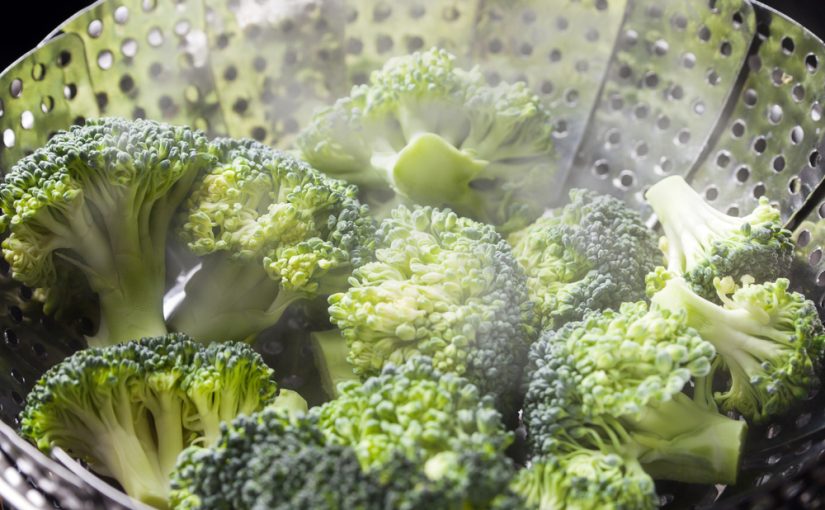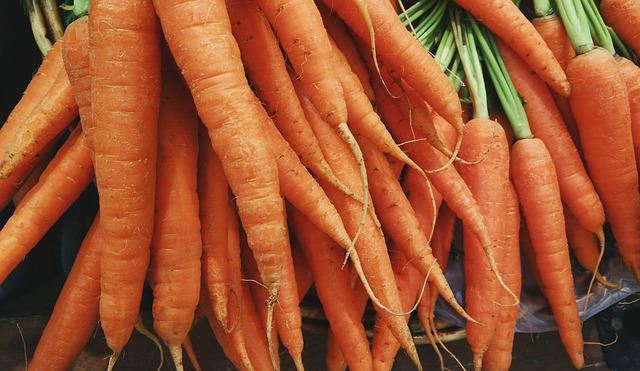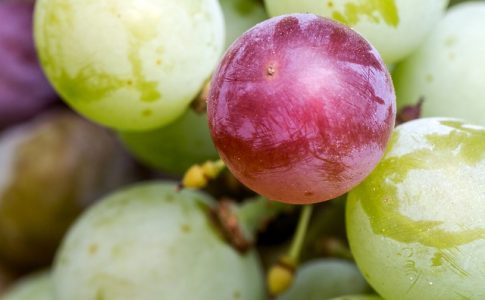During this special time, expectant mothers are protective over their unborn babies and it is important that both baby and mother are as healthy as they can be. Not only will you be making lifestyle changes to accommodate for a new being, but you will be altering your diet to make sure you are getting double the amount of nutrients and minerals to help your body with the changes to come. There has been plenty of research into the field of prenatal vitamin intake, where the debate has surrounded around the unnecessary marketing campaigns drawing in mothers-to-be to take vitamin supplements. Always consult your doctor before taking any supplements over-the-counter but do try and increase your intake on the most important natural vitamins through your diet.
Folic Acid and Vitamin D During Pregnancy
Folic acid has been medically recommended to pregnant women and can be taken from before pregnancy up to 12 weeks during the pregnancy period. This time frame is when the baby’s neural tube develops and folic acid is vital to the growth and development of the nervous system as well as helping to support the placenta. Folic acid is a vitamin taken during pregnancy to prevent any neural tube defects when the baby is born, such as spina bifida.
Besides eating foods rich in folic acid, pregnant women are encouraged to take 400 microgram tablets of folic acid during pregnancy but always consult with a doctor before taking anything. This vitamin is also found in green leafy vegetables (e.g. broccoli and cabbage), brown rice, chickpeas, oranges and some breakfast cereals and margarines. Keeping a healthy and balanced diet during pregnancy is always recommended.

Vitamin D plays a role in the absorption of calcium and phosphate, which are required for the development of bones, teeth and organs such as the heart and kidneys. Although there is a debate around the clinical data to prove that vitamin D supplements can lower the risk of complications during pregnancy and birth, this is still an essential vitamin for a pregnant and non-pregnant body.
Sunshine is the most common way to upkeep your vitamin D levels, however foods rich in Vitamin D such as oily fish (mackerel, salmon, sardines) and eggs also contain lots of vitamin D and it is known to be added to some breakfast cereals and non-milk alternatives.
Iron, vitamin C and calcium are other important nutrients that the body needs during pregnancy.
Vitamins To Avoid During Pregnancy
Taking too much vitamin A, whether that be in your natural diet or through supplements, can be harmful to the baby. It has been argued that too much vitamin A is dangerous during pregnancy and so foods containing vitamin A should be consumed in smaller quantities.
It is important to remember that through taking additional supplements and multivitamins during pregnancy, that these do not replace a healthy diet and will not guarantee the prevention of any risks or complications during pregnancy and birth. Keeping a healthy diet during pregnancy and looking after your body is the best way to ensure having a healthy baby.

The debate surrounding pregnancy-focused multivitamins in stores has lead researchers to believe that they draw in potential mothers with unrealistic marketing claims. Although it has been suggested that pregnant women are not receiving enough vitamins and nutrients during pregnancy through a varied diet alone, every woman’s pregnancy is different and medical consultations are recommended before jumping towards vitamin supplement tablets as the solution.
Keep your body and the baby healthy by eating a balanced and varied diet, rich in folic acid and vitamin D as well as many other nutrients needed for healthy growth.




